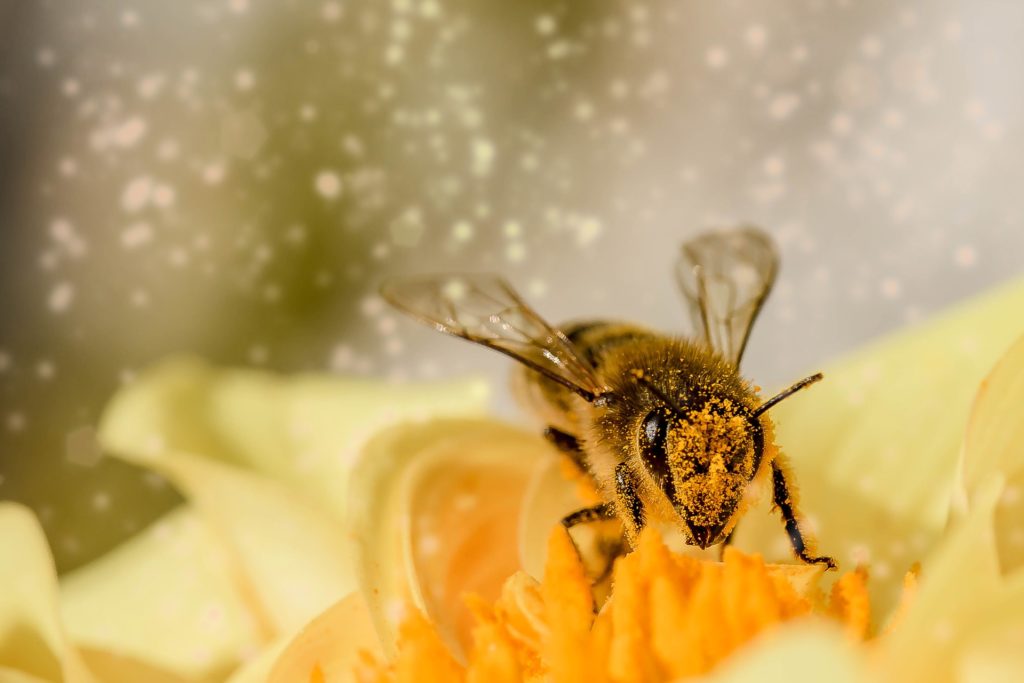Allergy prone residents may need to stock up on tissues and over-the-counter medication. Pollen counts are increasing across the country, especially in Cape Town and Johannesburg.
Spring is fast approaching, bringing with it the dreaded pollen season. According to the latest reading on The Real Pollen Count, the Mother City’s overall risk for pollen is listed as ‘High’. This means just under 90% of pollen allergy sufferers will experience symptoms. Very allergic patients and asthmatics should limit outdoor activities and keep indoor areas free from wind exposure.
“Grasses remained low at this sampling site but tree pollen levels increased as significant numbers of cypress were detected. Other flowering trees were low and included plane, oak and pine. Weeds were low and included Artemisia (mugwort) ferns, sorrel and English Plantain. Moulds were low,” explains The Real Pollen Count in the reading for August 28.
Highway Mail reports this pollen season may be especially troublesome for already paranoid residents amid the COVID-19 pandemic. Professor Jonny Peter from the University of Cape Town’s Lung Institute’s Allergy and Immunology Unit reminds residents there is a difference between hay fever and COVID-19.
“Hay fever is activated by airborne allergens, such as pollen, which leads to a runny and itchy nose, scratchy throat, as well as allergic conjunctivitis in the eyes. While COVID-19 and hay fever share certain symptoms, there are some key differences,” Peter tells Highway Mail.
“With COVID-19, fevers, body aches and a headache are common, but these are rarely associated with seasonal allergies. In contrast, an itchy nose or eyes and sneezing signal allergy symptoms and are not common in coronavirus infections.”
Other shared symptoms may include a runny nose or nasal congestion, an intermittent cough, sore throat and fatigue.
“In asthmatics, very high pollen counts may trigger exacerbations, with shortness of breath or difficulty breathing in some individuals. Fortunately, coronavirus does not commonly trigger worsening asthma. If your symptoms do worsen, it’s advisable to consult your doctor especially if you have a known sensitivity to pollen,” added Peter.
He also advised people stay on top of their allergies and treat it with antihistamines, corticosteroid nasal sprays and inhalers.
Picture: Pixabay

